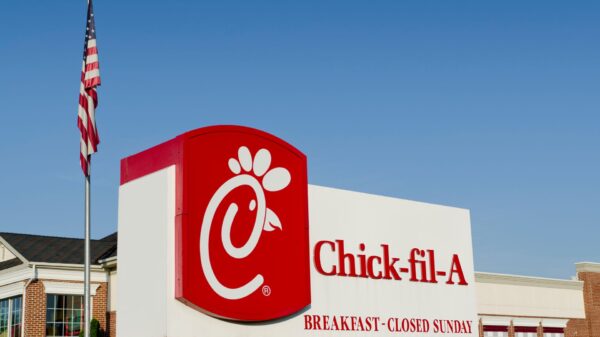URGENT UPDATE: Meta Platforms, Inc. has just confirmed that its short-form video feature, Reels, is projected to generate a staggering $50 billion annually in ad revenue. Launched in 2020 as a direct response to TikTok, this explosive growth marks a significant milestone for the platform, but raises critical concerns for creators who contribute content.
In a recent earnings call, CEO Mark Zuckerberg highlighted Reels’ success, which has positioned it as a cornerstone of the creator economy. However, while Meta reaps the rewards, many creators feel sidelined, receiving minimal compensation for their efforts. This stark reality underscores a troubling trend: platforms like Meta and TikTok thrive on user-generated content without adequately sharing profits.
Meta’s lucrative business model thrives on the creative labor of individuals, yet it offers little in return compared to competitors like YouTube. Unlike Meta, which primarily profits from ad sales against creator content, YouTube provides a more favorable revenue-sharing arrangement, offering creators 55% of ad revenue—a significant difference that has led to YouTube’s sustained popularity among content creators since it launched its partner program in 2007.
The news of Reels’ financial success comes as a wake-up call for creators who have long sought better compensation. Despite numerous discussions around reforming revenue-sharing models, the reality remains that platforms are more inclined to capitalize on free content than invest in their creators. This situation raises questions about the sustainability of the creator economy, as platforms continue to thrive while creators struggle to monetize their work effectively.
The landscape is increasingly challenging for content creators, who must navigate the complexities of exposure versus fair compensation. While Meta assures that creators can leverage their presence for potential sponsorships, it falls short of providing a stable income stream directly tied to the content they create.
As Meta’s Reels continues to ascend in the competitive landscape of digital media, the implications for creators are profound. Many are left wondering if they will ever see a fair share of the profits generated by their content. The disparity between platform earnings and creator compensation is becoming more pronounced, prompting calls for change that have yet to materialize.
Looking ahead, industry watchers anticipate that the pressure will mount for platforms to reassess their revenue-sharing models. As the creator economy evolves, the question remains: will platforms like Meta adapt to meet the needs of the very individuals who fuel their growth? For now, the answer is unclear, but one thing is certain—creators are demanding more, and the industry must respond.
Stay tuned for more updates as the situation develops. The future of the creator economy hangs in the balance, and with it, the livelihoods of countless individuals who drive the digital content landscape.





































































